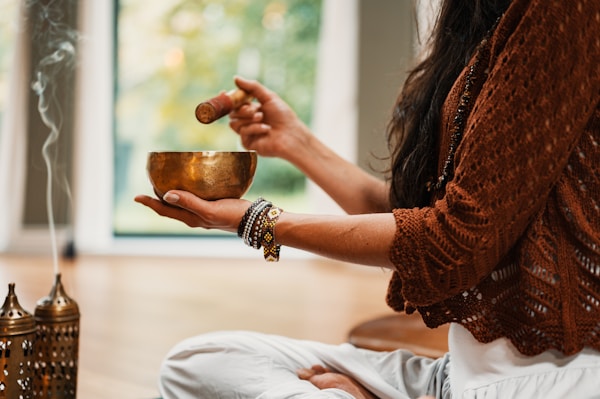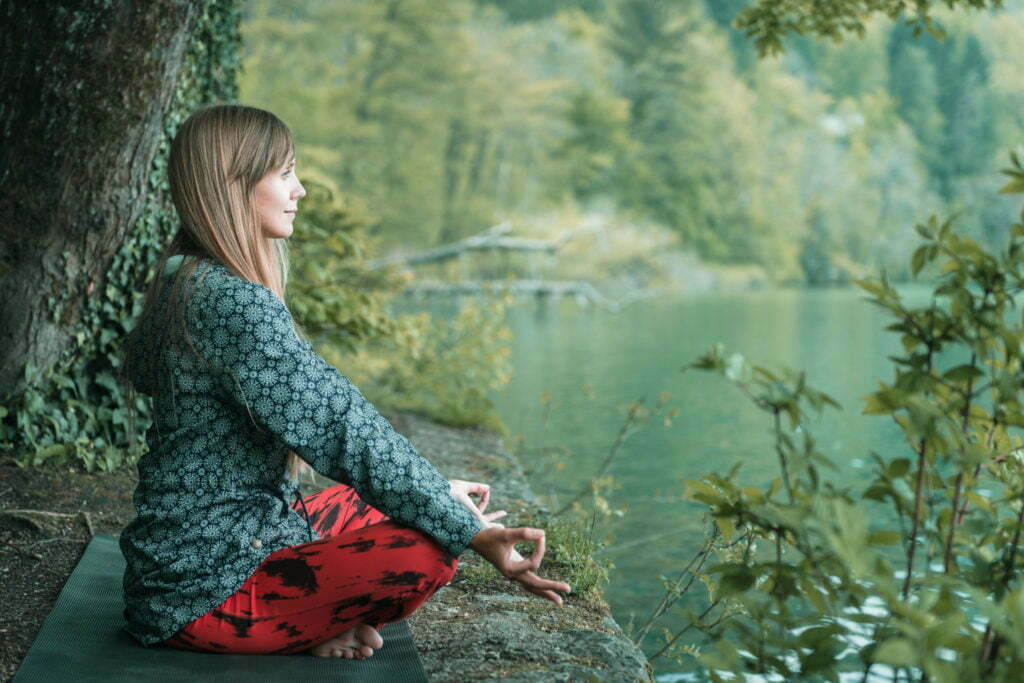Meditation is a practice that can be used to increase awareness and focus and to achieve a mental state of calm and relaxation. It can be used to improve concentration, creativity, and self-awareness. Meditation is often used to explore the nature of the mind and to develop greater insight. If you want to experiment with meditation, it’s a good idea to learn more about it and prepare yourself so you can get the most out of the time you spend meditating. Fortunately, there are plenty of resources available to help teach you everything you need to know. If you’re interested in the practice, keep reading to learn more about how to get started with meditation.
How can you get started with meditation?

If you’re looking to start meditating, there are a few things you should know. First, it’s essential to find a comfortable place to sit or lie down. Investing in quality meditation supplies, like a cozy meditation cushion, is necessary if you want to have the best possible experience. You need to find a position where the body feels supported; sitting up straight with the spine tall can help create this sense of ease. You can find products like cushions for your meditation space online in a variety of colors and sizes, so you can find one that matches your decor.
Some people find it helpful to have some sort of visual focus during meditation, such as a candle flame or statue of a deity. Other people prefer to simply close their eyes and let their thoughts wander without focusing on any specific image. A quiet place with minimal distractions is generally best for beginners. Incense or essential oils can be beneficial for many people as well, particularly if you’re interested in aromatherapy. They can create an atmosphere that supports relaxation and contemplation.
One key thing to remember when you start meditating is to focus on your breath. This means keeping your attention on the air passing in and out of your nose or mouth. When thoughts enter your mind, don’t get upset; simply acknowledge them and then let them go, returning your focus back to your breath. This isn’t always easy, especially if you’re new to meditation. With time and practice, you’ll be able to better control your thoughts.
What else can you do to alleviate stress?

Sleep deprivation is a common problem both in the United States and around the world. While most people know that sleep is required, many do not realize the extent to which sleep deprivation can worsen their quality of life and elevate stress levels. Sleep deprivation has been linked with a wide range of health problems, including obesity, cardiovascular disease, and diabetes. It can also impair cognitive function and increase the risk of accidents and injuries. Sleep deprivation can also lead to fatigue, irritability, and mood swings. It can decrease your productivity and increase your stress levels. If you’re struggling to fall asleep, meditation may be able to help.
When you’re feeling overwhelmed or stressed out, taking a break to go for a walk in the park or sit by the river can be a great way to calm down and center yourself. Nature has a way of putting things into perspective, and being surrounded by the beauty of the earth can be really soothing. If you’re having a tough day, take some time to get outside and breathe in the fresh air. Research indicates that even just spending 20 minutes interacting with nature can have a beneficial effect on your body’s cortisol levels, which can reduce stress.
There are many reasons why you should try meditation. Meditation has been linked to a number of health benefits, including reduced stress levels, lower blood pressure, and improved cardiovascular health. In addition, meditation can improve sleep quality, boost cognitive function, and increase focus and productivity. If you’re just starting out, be patient and don’t expect too much from yourself. Meditation takes practice and it may take some time before you see results. Even a few minutes of meditation can help you to feel calmer and more relaxed. Follow the tips in this article and you’ll be well on your way to having a positive meditative experience.





